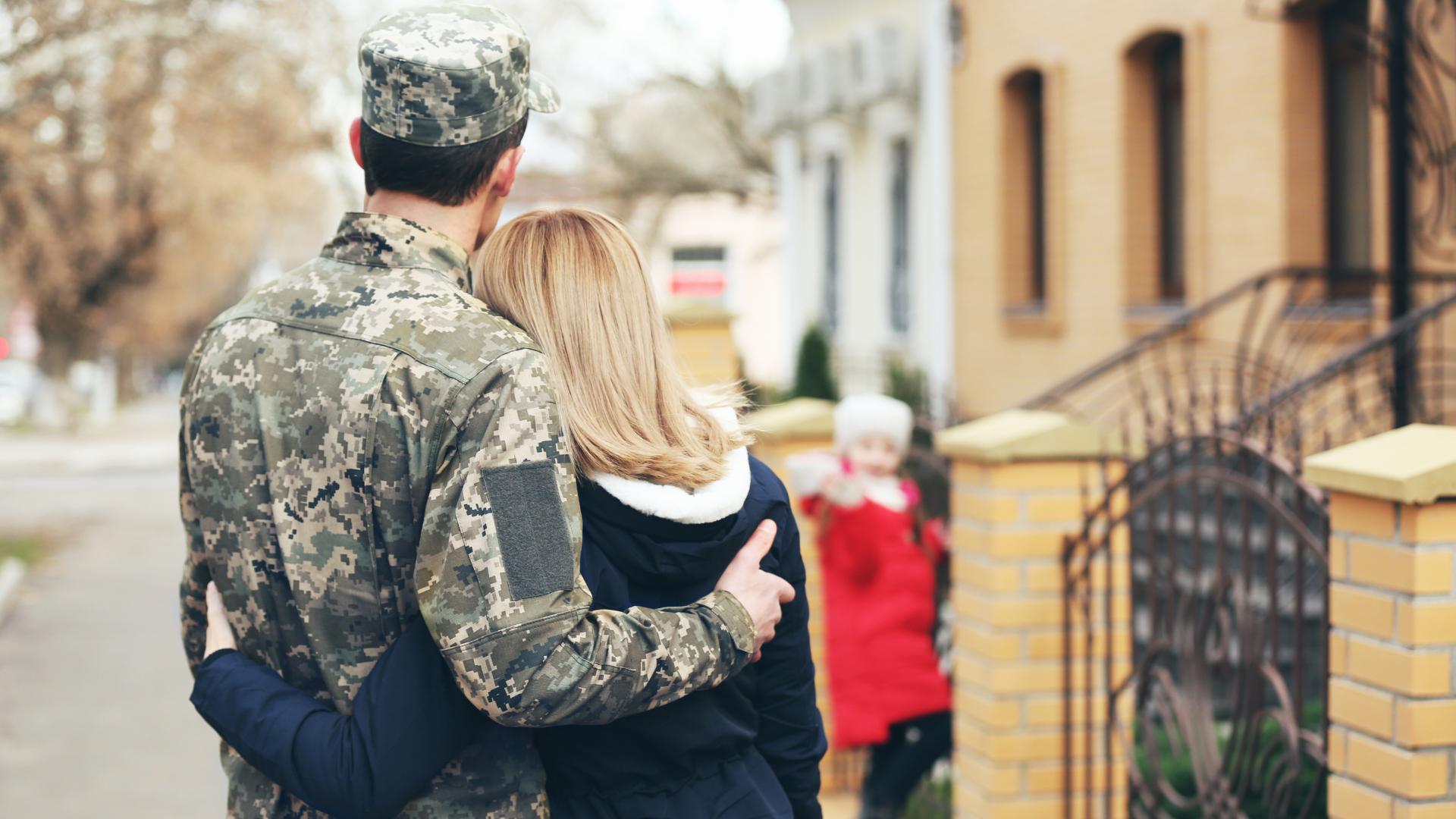
When people hear the word deployment, they often picture it as a symbol of bravery, sacrifice, and patriotism. Many in society call it a “badge of honor” that reflects dedication to service and commitment to country. While that description sounds powerful, the reality for those who live through deployment feels far more complex. Service members see it in one way, while spouses and families who stay behind carry an entirely different weight. Both perspectives matter and both shape what deployment truly represents. In this article we will look deeper at the question is deployment a badge of honor, what that phrase means to those who serve, and how it impacts the families who walk through it together.
Understanding the Phrase “Badge of Honor”
Military Tradition and Symbolism
From the earliest days of military history, symbols of service have been tied to honor. Uniforms, medals, and deployments are all seen as markers of sacrifice. Society often views deployment as an act that deserves admiration because it requires leaving home, family, and comfort for something larger than oneself. That sense of duty carries pride not only for the service member but also for the nation that benefits from their sacrifice. When people describe deployment as honorable, they are recognizing the courage it takes to step into the unknown and place service above personal comfort.
Civilian vs. Military Perspectives
For civilians, deployment looks like an act of noble service that deserves celebration. Yet the view from within military life often feels different. Families see the separation, the emotional toll, and the constant adjustments that come with the absence of a loved one. What looks simple from the outside carries layers of stress and responsibility that only those who live through it can fully understand. This contrast between admiration from afar and reality within military homes highlights why the phrase “badge of honor” means different things depending on who speaks it.
The Service Member’s View of Deployment
Duty, Sacrifice, and Professional Pride
For many service members, deployment represents a core part of their calling. It is viewed as a professional milestone and proof of commitment to country and team. When asked to serve abroad, they often take pride in the responsibility, even if the experience comes with personal challenges. Deployment shows they have carried out their duty, and that sense of accomplishment carries weight. It affirms their place within the larger mission of protecting freedom and supporting global stability.
Emotional and Physical Costs
Still, that pride does not erase the struggles tied to deployment. The long hours, separation from loved ones, and dangerous conditions can leave scars that are not always visible. Service members may return with physical wounds or hidden emotional battles. In those moments the phrase deployment meaning feels far heavier than the simple word “honor.” It becomes a reminder of both duty fulfilled and hardships endured.
The Military Spouse Perspective
Strength and Resilience at Home
From the military spouse perspective, deployment demands strength that often goes unnoticed. While one partner serves abroad, the spouse at home takes on full responsibility for the household and children. Every small task becomes part of the larger effort to keep life steady while holding everything together. That resilience may not receive public recognition, but it reflects a quiet form of honor that carries equal importance to the service abroad.
Loneliness and the Emotional Toll
At the same time, the separation leaves spouses facing deep loneliness. Milestones pass without the presence of the partner who serves, and many nights feel heavier than words can explain. The label of honor rarely captures the tears shed or the quiet strength needed to make it through. For spouses, deployment often feels like walking a path that mixes both pride and struggle, with no clear end until the homecoming.
The Family Experience of Deployment
Children’s Understanding of Service
Children experience deployment in ways that shape their understanding of service and sacrifice. Some see their parent’s absence as confusing or painful, while others grow to understand the larger purpose behind it. Military children often display resilience that surprises adults, and their ability to adapt becomes part of the hidden strength within military families. By learning the value of patience and sacrifice, they too carry a piece of that honor.
Extended Family and Support Systems
Grandparents, siblings, and close friends also share the weight of deployment. They provide emotional support, help with childcare, or simply stand as a steady presence when times feel overwhelming. The phrase “badge of honor” extends beyond the immediate family to those who step in and help hold everything together. Their contributions may not be as visible, yet they play a critical role in making life during deployment manageable.
Is Deployment Always a Badge of Honor?
When Honor Feels Heavy
To ask is deployment a badge of honor requires acknowledging both sides of the truth. While it represents commitment and sacrifice, it can also feel heavy. Some moments do not feel honorable at all, especially during long separations, financial worries, or lonely holidays. In those moments, deployment feels less like a badge and more like a burden. Recognizing this reality does not take away from the service but instead gives space for honesty.
Finding Meaning in the Struggle
Many families find ways to create purpose within the struggle. They build new traditions, deepen resilience, and learn to appreciate small victories along the way. This meaning does not erase the challenges, yet it transforms them into growth. For families, honor is found not only in the act of deployment but also in the ability to keep moving forward despite hardship.
How Military Families Can Redefine Honor
Everyday Acts of Courage
Military families show that honor exists in the everyday. It is in the spouse who juggles work and children, the child who writes a letter to a deployed parent, and the service member who wakes up each day ready to fulfill their duty. These small yet powerful acts reflect courage that deserves recognition. Real honor lives not in a medal or a title but in the daily strength shown by families who stand together.
Honoring Service Without Romanticizing Struggles
It is important to respect the sacrifice of service while not glossing over the hardships it brings. By speaking honestly about the weight of deployment, families allow others to see the full picture of military family challenges. True honor comes when both sacrifice and struggle are acknowledged, creating space for empathy and understanding.
Products That Support Deployment Life
Life during deployment feels easier when families find tools that provide comfort and connection.
- Journals designed for couples allow communication across distance, while care package kits bring joy to a deployed service member. ($11, Amazon)
- Books focused on resilience help families develop effective coping strategies. ($7, Amazon)
- Comfort products such as weighted blankets or photo keepsakes provide warmth during lonely nights. ($43, Amazon)
Each of these items serves as a small but powerful reminder that even in separation, love and support remain strong.
Wrapping Up…
So, is deployment a badge of honor? The answer depends on where you stand. For service members it marks duty, sacrifice, and pride in their mission. For spouses and families it reflects resilience, strength, and the ability to hold everything together in the face of challenge. Honor is not found only in the act of deployment itself but also in the courage of those who endure it. True respect comes when we recognize both the sacrifice and the struggle, and when we honor every member of the family who carries that weight.







